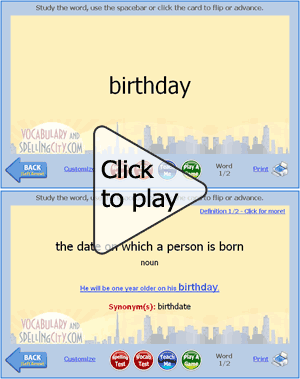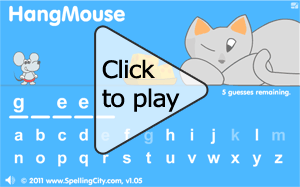
The homeschool co-op my children and I belong to recently backed away from offering so many classes and educational opportunities. We members usually have more than enough school work waiting at home, and additional classes that might or might not be compatible with individual families' current study topics simply complicate things. After all, these families are home schooling because they have chosen to teach their children at home!
Instead, we have begun thinking about positive "school" experiences that we are unable to duplicate at home. Because of this, we have scheduled a monthly show-and-tell time, where students gain public speaking experience. Another monthly get-together is simply a time for our children to play in the park, without structured activity. (Think "recess".) Our annual graduation celebration, complete with caps and gowns, is always popular. Our group even had a dance last year.
Despite this attention to activities that are difficult to manage at home, we can't forget that homeschoolers are able to take advantage of "teachable moments" that could never be duplicated in a school setting. Two incidents stand out in my mind as examples of why my youngest son is homeschooled right along with the rest of my kids, despite being developmentally delayed and having some serious special needs.
I didn't think Joshua would ever learn, or even be interested in, the concept of "color". After endless rounds of color flash cards, colored blocks, and books about colors, I was convinced he wasn't "seeing" the difference, and I took him to have his eyes examined! After being assured that his vision was fine, I renewed my school-inspired methods of teaching color, without success.
We focus on one idea at a time with Joshua, so I began always referring to items by their color. "Look at the blue ball! Oh, see the brown doggie! Do you like your red truck?" Bathing him one day, I automatically started to point out the color of the water, before realizing that "transparent" might be too challenging for him. Remembering something my older kids had enjoyed, I suddenly had an idea that I, somehow, was sure would work. I dashed into the kitchen, came back with some red food coloring, and dropped a few drops into his bath water. Swishing it around, I said, "Oh, my! Your bath water is RED now." Immediately, I saw the understanding in his eyes. It felt like a Helen Keller moment, as he asked about the color of every item in our bathroom.
The following year, counting became an important skill to master. Joshua had been able to "count" to ten for quite some time, but it was simply something he had memorized. He had no understanding of quantity. Flashcards and educational games had helped him learn to recognize the numerals themselves, but they had no meaning to him.
Our house gets quite cold at night, and Joshua has sensory issues that make it difficult for him to sleep beneath a blanket. One winter evening, I decided I would put an extra sleeper over the one he usually wore, to make sure he wasn't cold while he slept. As I produced the second sleeper and began to put it over the first, he gave me a surprised look, and I seized the opportunity to point out that he was wearing TWO sleepers. Once again, the understanding that dawned was visible on his face and, that night, he was able to count the animals pictured in his bedtime story.
Neither of these were particularly brilliant ideas on my part. They popped into my mind because I had learned, without consciously realizing it, that it takes something out-of-the-ordinary to get my son's attention. As a homeschooling parent, I was there to take advantage of a teachable moment that no curriculum can offer.
I can get together with other homeschoolers to replicate traditional school experiences, but even the most expensive school can't duplicate the teachable moments we find at home. The best educated staff won't know what motivates my son the way I do. The most caring teacher can't compete with a mother's love.









































